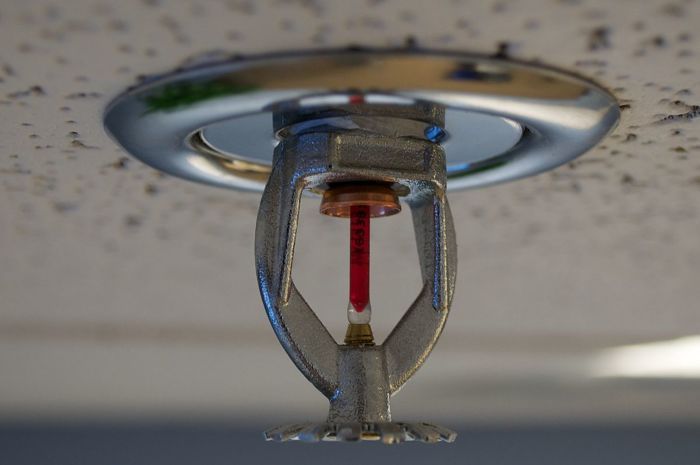
The Builders Association of the Twin Cities has gone to court in an attempt to roll back a new law that requires fire sprinklers to be installed in all new houses of 4500 sq. ft. or more, according to a post at ConstructionDive.com.
In its request to the Minnesota Court of Appeals, the builders’ group said that installing sprinklers can add as much as $10,000 to the cost of building a house–even more if the house doesn’t have municipal water services. Local fire chiefs had pushed for the change.
The requirement for fire sprinklers is among a number of code changes being introduced in January and February. The provision requiring sprinklers took effect on Jan. 24 and made Minnesota the fourth state in the country to require fire sprinklers in at least some single-family homes. California, Maryland, and Washington, D.C., require them in one- and two-family homes, ConstructionDive reported, while Massachusetts requires them in one- and two-family homes of more than 14,000 sq. ft. In eight other states, sprinklers are required in new town houses.
A statement posted at the website of the Builders Association of the Twin Cities quotes past president Shawn Nelson objecting to amendments to the International Residential Code and International Energy Conservation Code that were adopted in Minnesota. Collectively, the code changes will add up to $20,000 for a 4500-sq.-ft. house that also needs a sprinkler system, he said.
The statement said that the builders group worked with the Minnesota Department of Labor and Industry for more than two years on scheduled code changes and agreed with most of the revisions. But some of the changes, it said, will “create expensive product and technique requirements and remove project flexibility.”
“Adding tens of thousands of dollars to the cost of a new home, when equivalent, cost-effective options exist in the areas of safety or energy efficiency just doesn’t make sense,” Nelson said. “For every $1000 in price increase for a home, another 2000 potential buyers are priced out of the market. Home builders should have the flexibility to work with customers to build their dream homes, rather than be required by government to choose only the most expensive solutions.”
Fine Homebuilding Recommended Products
Fine Homebuilding receives a commission for items purchased through links on this site, including Amazon Associates and other affiliate advertising programs.

Handy Heat Gun

Affordable IR Camera

Reliable Crimp Connectors
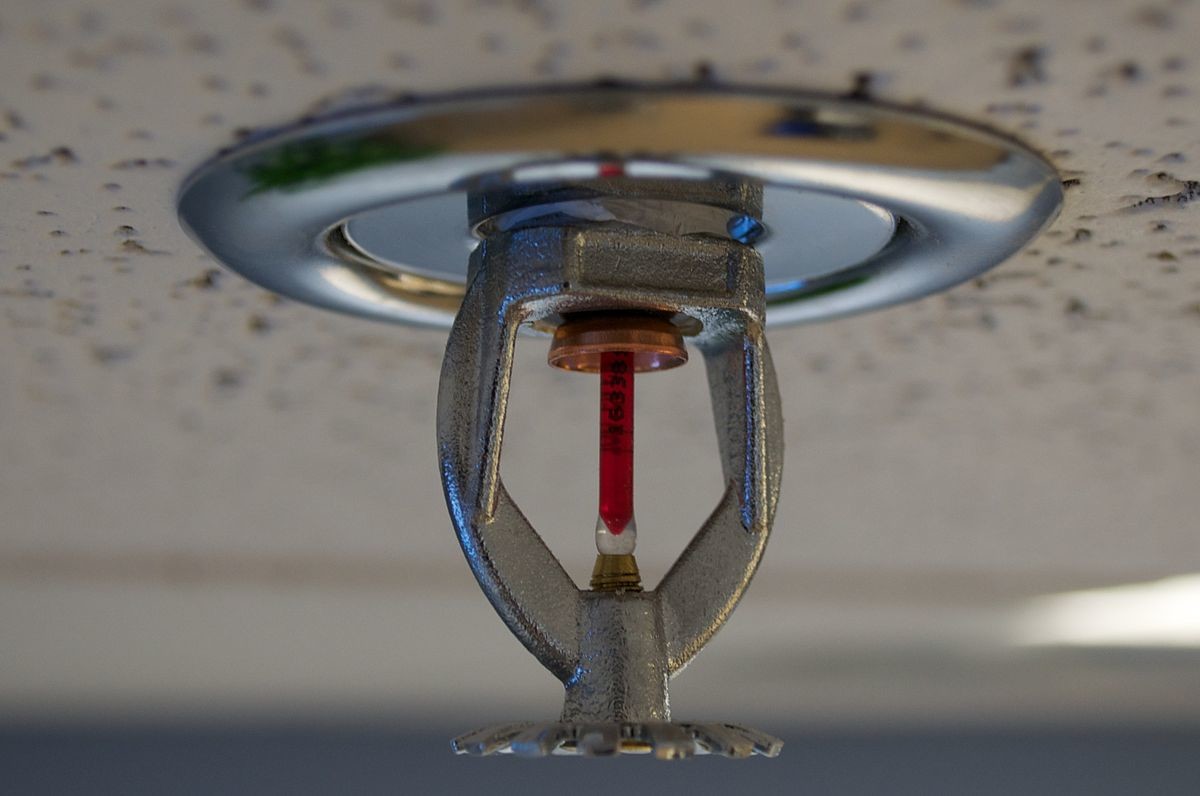
A trade group representing home builders in Minnesota has asked an appeals court to put off code changes that will require fire sprinklers in houses of 4500 sq. ft. and larger.

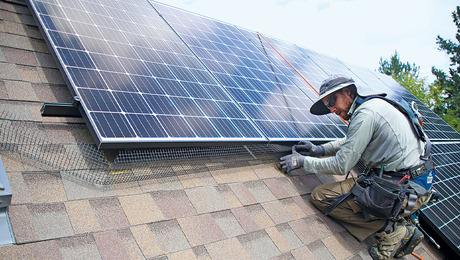
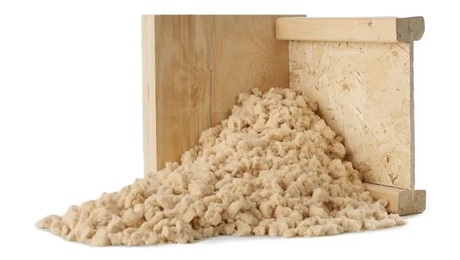




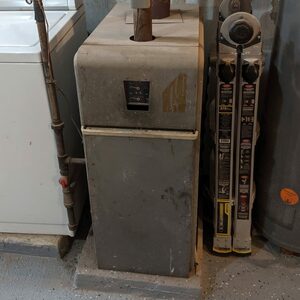

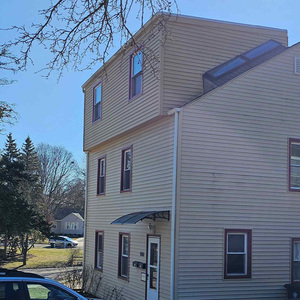

















View Comments
http://www.capitalgazette.com/news/for_the_record/ph-ac-cn-fire-folo-0128-20150128,0,852987.story
Here's a link to a story in yesterday's Annapolis, MD Capital newspaper concerning the cause of the blaze that destroyed a 16,000 sq. ft. home and killed 2 adults and their 4 grandchildren. While acknowledging the 60 day old Christmas tree that was still standing in the house supplied a lot of fuel for the fire, Anne Arundel County Fire Marshal Scott Hoglander said if the home had sprinklers, it "without a doubt" would have made a difference. Unfortunately, this home was constructed just a few years prior to sprinklers being made mandatory in 2009. http://www.capitalgazette.com/news/ph-ac-cn-home-sprinklers-0125-20150125,0,3329590.story
Here's my point: While there is no excuse for poor judgement in leaving a Christmas tree standing nearly a month after the holiday to fuel such a horrific fire, which was caused by a faulty electrical outlet, that fact should not excuse the lack of proper fire suppression equipment such as sprinklers. If folks can afford to build large (4,500 sq.ft. as mandated in Minnesota) homes then they can afford to pay the extra money for sprinklers.
No one is more in favor of "safety" (in general) or fire sprinklers (in particular) than I. Yet, I do not support these being required.
I'd like to let the market work. Let folks have the choice. Part of the problem is that people have very little choice in the matter; the house is built 'on speculation,' or according to tract plans .... and sprinkler companies use every trick in the book to run up the cost and limit competition.
True, there is a lot of misunderstanding on the topic of fire sprinklers. Code requirements are a lot easier for a house than they are for any other location. Requirements for water supply, alarms, materials, and head placement are greatly eased.
There are two problems with making these fine idea a matter of law. The first is cost; code advocates ALWAYS low-ball expected costs, and the costs of all these code changes adds up.
For example, my own (1957 tract) house is estimated to be replaceable, as originally constructed, for $55,000 (according to my insurance carrier). Having the house built to today's codes will easily push the re-build cost over $100,000. That's right; code changes alone have doubled the cost of building my house.
The second issue is that code changes affect only new construction. Most of your losses, by contrast, are in existing homes.
It's a simple economic fact that the poorest folks will get the worst housing. Tenants are up against a second barrier, in that the owner has even less reason to care about the property than the tenant.
Proponent will never lack for heart-rending tales of "what if." What's never addressed is 'what if' folks had done what they could for themselves? There's no law against you having a sprinkler system installed. We already require smoke alarms in homes. Codes already address electrical matters. We've had at least half a century of advice regarding Christmas trees, fire extinguishers, etc.
Saying "if they can afford ..." is the attitude of a thief. It is not for you, or I, to determine how another spends his money. It's THEIR money, their decision. Now, there are plenty of places on this Earth that are run by the 'afford' principle .... and it's worth noting that folks will risk great harm to flee these places, seeking the freedom they believe we have.
Why, I ask, should we imitate failure?